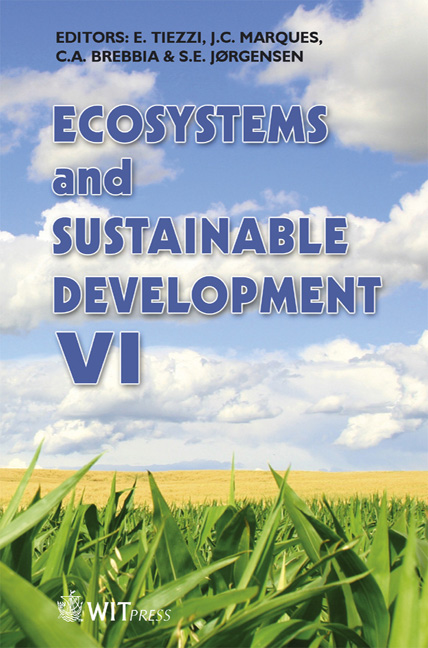Cooling Needs For A Warming World? Economics And Governance Of District Cooling
Price
Free (open access)
Transaction
Volume
106
Pages
10
Published
2007
Size
318 kb
Paper DOI
10.2495/ECO070251
Copyright
WIT Press
Author(s)
F. Becchis & G. Genon
Abstract
Energy use outlook in developed countries shows a particularly fast growing component: the demand for cooling. This demand of energy for indoor air conditioning represents a challenge for environmental policies, a potential enemy of energy efficiency and energy saving and, definitely, an issue at stake for global climate policies. The trend of energy demand for cooling purposes also brings many problems for the generation capacity and the management of peak loads. The technologies for centralized trigeneration (electricity, heating, cooling) seem promising but do not always enter the market with convincing commercial strategies. Nevertheless, the presence of district heating from cogeneration plants in large metropolitan areas (like in Turin, Italy) represent the possibility of developing district conditioning. The preliminary conclusions of the research are as follows: 1) given the assumed technology and the trend for indoor air-conditioning demand, district cooling brings net social benefits from both sides of industrial figures (global investments, maintenance and running costs) and environmental externalities; 2) some cautionary remarks are due in relation to the assumptions, sometimes questionable, about emissions rate per kWh, energy efficiency in electricity production, discount rate, market prices of alternative technologies, plumbing and networking costs. The analysis does not encompass the distribution of costs and benefits among stakeholders (among the others: electricity producers, network owners, end users), a question that is more relevant in the political local arena. Keywords: district heating, district cooling, energy efficiency, environmental cost-benefit analysis, energy externalities.
Keywords
district heating, district cooling, energy efficiency, environmental cost-benefit analysis, energy externalities.





